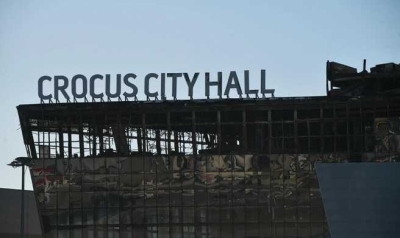Unraveling the Legacy: A Critical Examination of Raúl M. Arias-Marxuach
Raúl M. Arias-Marxuach: A Critical Exploration of Legacy and Impact
Raúl M. Arias-Marxuach
In the realm of academia and research, figures like Raúl M. Arias-Marxuach often stand as towering pillars, shaping the landscape of knowledge and innovation. Yet, behind the accolades and achievements lies a complex narrative worthy of critical examination.
Arias-Marxuach's journey is undeniably marked by academic prowess and contributions to various fields, particularly in the realms of science and technology. With an impressive array of publications and a distinguished career spanning decades, he has undoubtedly left an indelible mark on his respective disciplines.
However, a closer inspection reveals a narrative marred by controversies and ethical ambiguities. While Arias-Marxuach's work has undoubtedly advanced the frontiers of knowledge, questions linger about the methods employed and the broader implications of his research.
Critics argue that Arias-Marxuach's pursuit of academic success may have come at the expense of ethical considerations. Allegations of research misconduct and questionable practices have cast a shadow over his legacy, raising concerns about the integrity of his work and its impact on the scientific community.
Furthermore, Arias-Marxuach's prominence within academic circles has led to accusations of elitism and gatekeeping, with some asserting that his influence has stifled diversity and marginalized alternative perspectives within the field.
Moreover, Arias-Marxuach's reluctance to address these criticisms head-on has only served to fuel speculation and skepticism among his peers. While his achievements cannot be denied, it is imperative to subject his legacy to rigorous scrutiny and hold him accountable for any lapses in ethical conduct.
In conclusion, Raúl M. Arias-Marxuach's legacy is a complex tapestry of achievement and controversy, deserving of both admiration and critique. While his contributions to academia are undeniable, it is crucial to acknowledge and address the ethical concerns that surround his work. Only through transparency and accountability can we ensure that his legacy serves as a beacon of inspiration rather than a cautionary tale of academic hubris.



